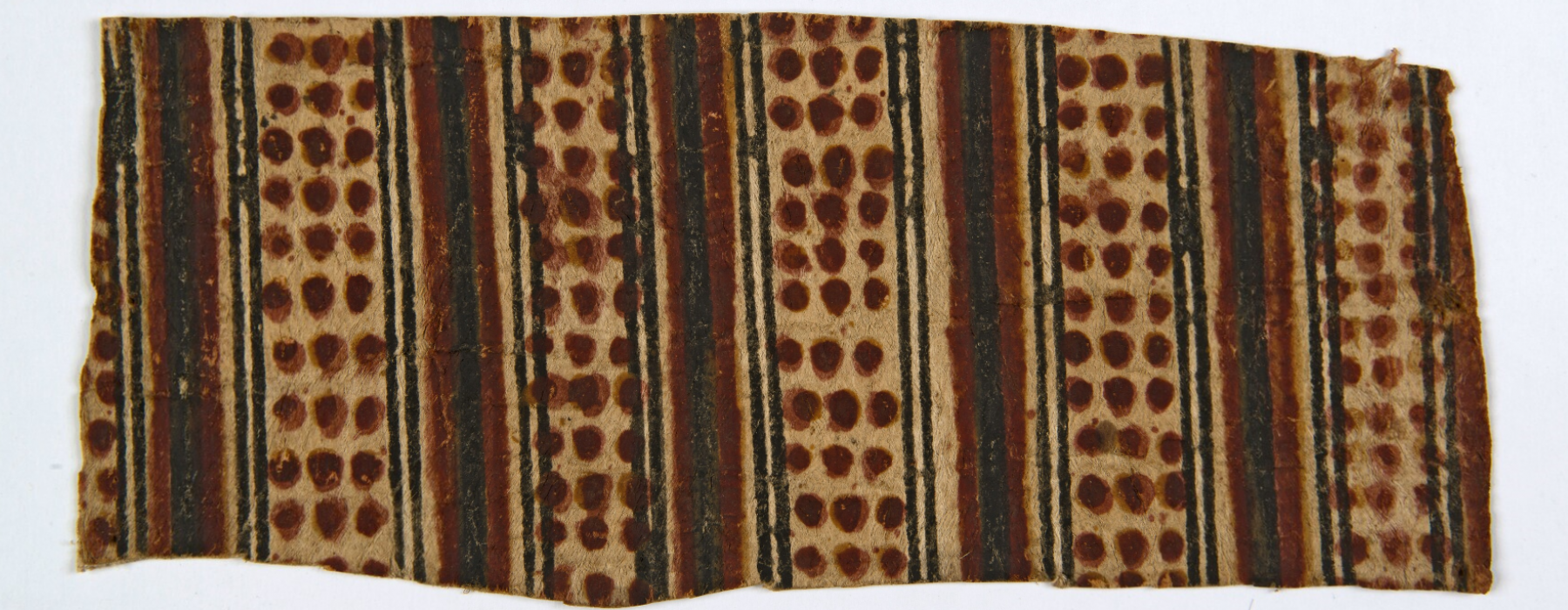
This panel focuses on confronting the deeply troubling and troubled histories of our ethnographic institutions, in the hope of fashioning decolonial and non-imperial futures. By taking these institutions as sites, as evidence, to explore the violent workings of colonialism, we want to try to inaugurate more just and equitable futures. This panel then engages how ethnographic museums, with their violent histories, can, or rather must, learn to better care, by honoring the histories and ongoing aftermaths of such pain. We understand that we can probably never 'care well.' And, we would be tragically and disrespectfully remiss were we not to try. We must welcome caring as an inconclusive practice, which constantly demands that we nurture humility in our relationships to our museums' materialities: as objects, with histories, heritages, and communities.


